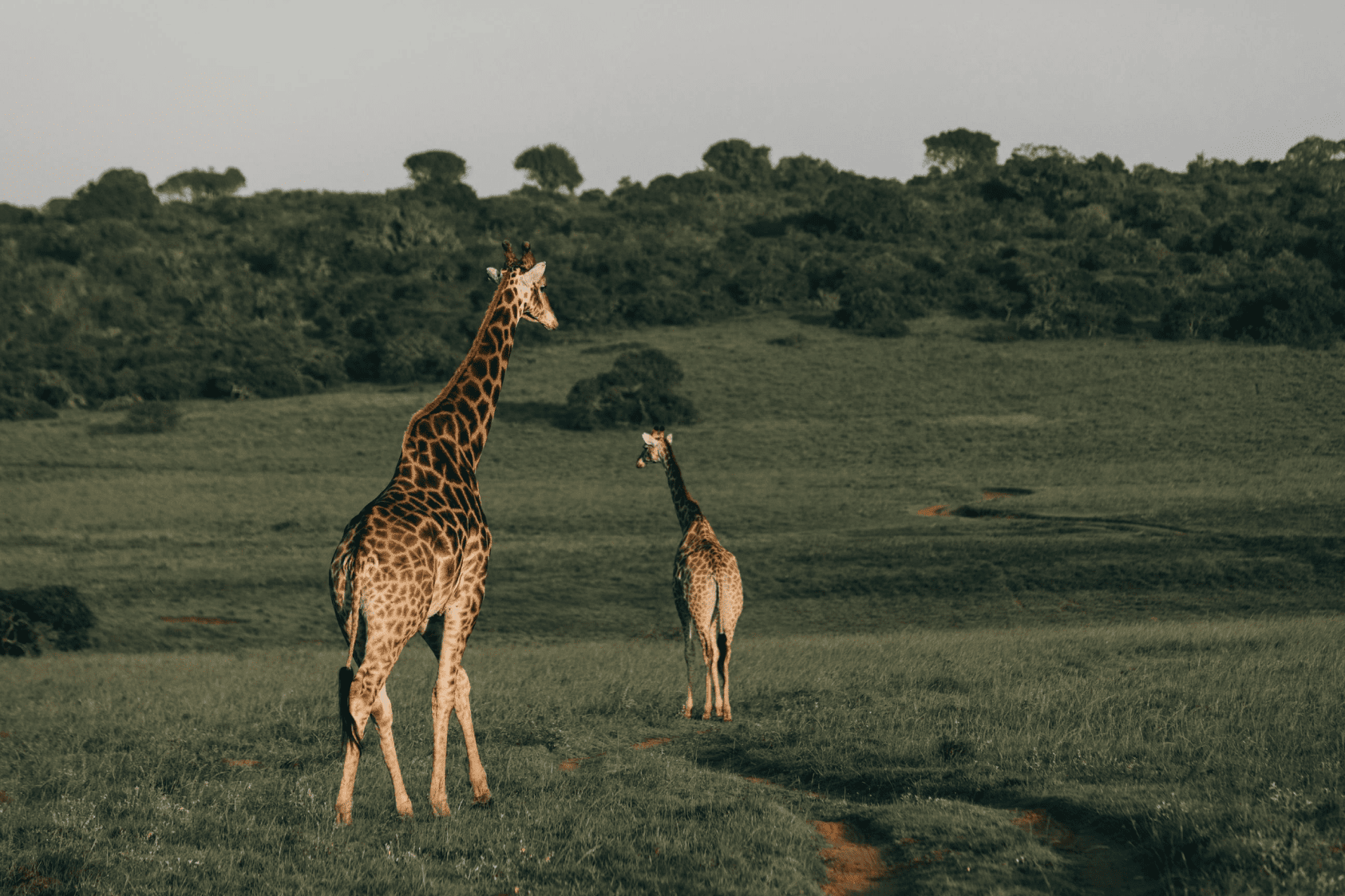Zoos play a crucial role in educating the public about the importance of biodiversity. By teaching visitors how ecosystems depend on various species to function, zoos foster an understanding of how the loss of even a single species can disrupt entire ecosystems. Through exhibits, conservation talks, and interactive displays, visitors learn how to make a difference in protecting these ecosystems, becoming advocates for a balanced and healthy environment.
Zoos provide controlled environments where researchers can study animals up close. This research offers insights into species' natural behaviors, dietary needs, and health challenges, leading to better conservation practices in the wild. Studies conducted in zoos help scientists develop breeding techniques, improve animal welfare, and gain a deeper understanding of complex ecosystems. By supporting research, zoos contribute valuable data to global conservation efforts.
A trip to the zoo is often a deeply emotional experience for visitors. Seeing animals up close creates a personal connection and sense of responsibility for their well-being. Zoos use this emotional impact to drive conservation awareness, explaining the unique challenges each species faces in the wild. Many visitors leave with a renewed sense of purpose, feeling empowered to support wildlife conservation in tangible ways.
- We are opening regular
Business Hrs
Opening Hours:
Mon - Sat day: 9am to 5pm
Sun: Closed.
at
India
J3JVF+PHP, Pangara,
Madhya Pradesh
965421, India - [email protected]
About Us
Zoos: Protecting Ecosystems by Educating the Public

Zoos and Wildlife
Protection Partnerships
Inspiring the Next
Generation of Conservationists
The Role of Zoos in Rescuing Animals"

0+
Wild Wonders
0 +
Guardians of the Wild
0
Inside the Zoo
0
From Playful Pandas to Majestic Lions
Connecting People with Nature
Zoos offer a rare chance to connect with animals that most people would never encounter in the wild. This connection helps bridge the gap between urban life and the natural world, reminding visitors of their role in protecting wildlife. Zoos foster empathy and appreciation for all living creatures, creating a community of people committed to a shared goal of conservation.
Zoos as Wildlife Ambassadors
Zoos serve as ambassadors for wildlife, raising awareness of the challenges facing species across the globe. By showcasing animals from diverse environments, zoos offer a window into the richness of life on Earth and the importance of preserving it. These institutions work tirelessly to educate the public, hoping to spark positive action for conservation.
Supporting Local and Global Conservation Efforts
Beyond their local impacts, zoos support global conservation efforts through funding, research, and public outreach. Many zoos partner with international organizations to protect ecosystems, monitor endangered species, and mitigate human-wildlife conflicts. By visiting zoos, people contribute to these important global efforts, creating a lasting impact on wildlife conservation.
The Evolution of Zoo Enclosures
Zoo enclosures have transformed dramatically over the years, now designed to mimic natural habitats and promote animal well-being. These improvements allow animals to exhibit natural behaviors, ensuring they have adequate space, environmental enrichment, and social interaction. Visitors are able to see animals living comfortably in environments that resemble the wild, enhancing both animal welfare and the viewing experience.
Using Zoos as Research Hubs for Wildlife
Zoos are essential research hubs where scientists study animal biology, health, and behavior. These studies help improve conservation strategies, offering insights that benefit both captive and wild populations. From reproductive studies to disease prevention, research conducted in zoos is a cornerstone of wildlife preservation efforts, helping to sustain species around the world.
Zoos as Educational Resources for Local Communities
Zoos serve as valuable educational resources, offering programs that benefit their local communities. Through school partnerships, workshops, and public outreach, zoos spread knowledge about wildlife and the importance of conservation. These efforts empower communities to make sustainable choices that contribute to wildlife protection and environmental health.
How Zoos Support Biodiversity
Zoos play a critical role in preserving biodiversity by protecting and caring for species that might otherwise be lost. By keeping genetically diverse populations, zoos help maintain the ecological balance that supports all life. These institutions remind us that every species has a role to play in maintaining a healthy, functioning planet.

Discovering the Fascinating Lives of Zoo Animals

How Zoos Contribute to Global Conservation Efforts

Uncovering the Secrets of Animal Care and Habitat Design

The Animal Kingdom Awaits You
